Inclusive Futures
The Inclusive Futures initiative works to ensure all children and adults with disabilities have the same likelihood as everyone else to access quality education, health and work opportunities.

© Kate Holt / HI
The Inclusive Futures initiative works to ensure all children and adults with disabilities have the same likelihood as everyone else to access quality education, health and work opportunities.

© Kate Holt / HI

There are one billion people living with disabilities in the world, and more than three quarters of them live in low- and middle-income countries.
Currently, many of them are not able to access quality education, health or work without facing stigma and discrimination.
Humanity & Inclusion (HI) is part of the Inclusive Futures initiative, led by Sightsavers and funded by UK Aid, which is working to ensure no one is left behind.
HI runs activities in Nepal and Kenya, as well as planning to start activities in Jordan (to be confirmed in 2021). In partnership with 15 partners, HI also manages Source, an international online resource centre on disability and inclusion where most of Inclusive Futures’ learning documents can be found.
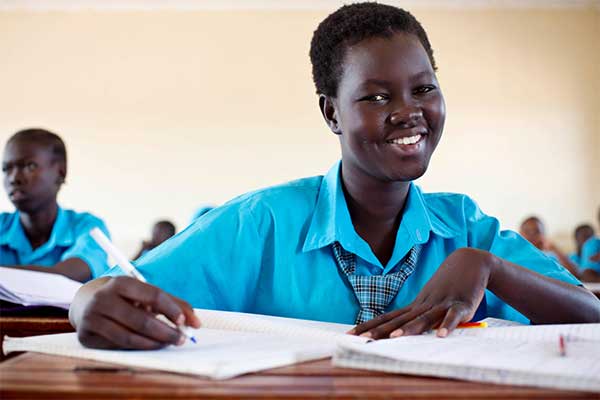



We are focusing on promoting access to quality basic education for children with disabilities.
The project in the Chitwan district of Nepal is identifying children between the ages of 3-13 both currently in education as well as those who have dropped out or never attended school.
We are tailoring activities and approaches to support an overall increase in the enrolment of children with disabilities in primary school education.
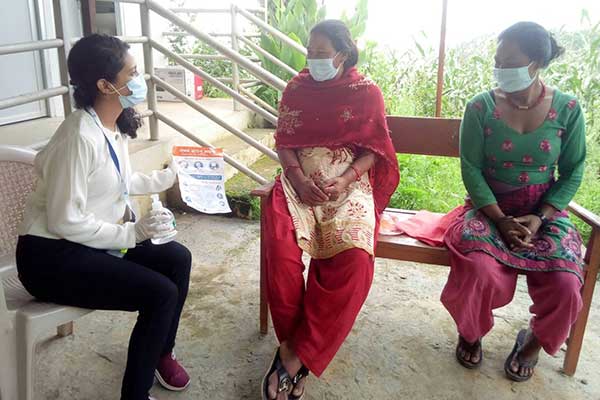



Health, barriers include limited access to information, negative attitudes from family and health workers, cost and physical barriers.
Young people with disabilities often have restricted access to sexual health and reproductive health services due to stigma and inaccessibility which limits their future prospects.
The project is working with health service providers, training health workers to identify and provide quality sexual and reproductive health services to people with disabilities.
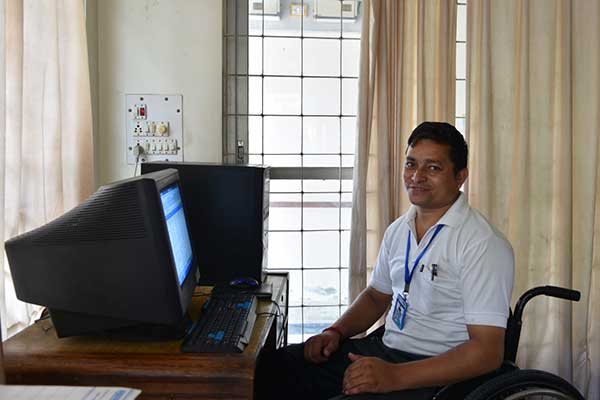



When people with disabilities have access to skills training and paid work, and are economically empowered, it not only benefits them, but also their families and wider society, both economically and culturally.
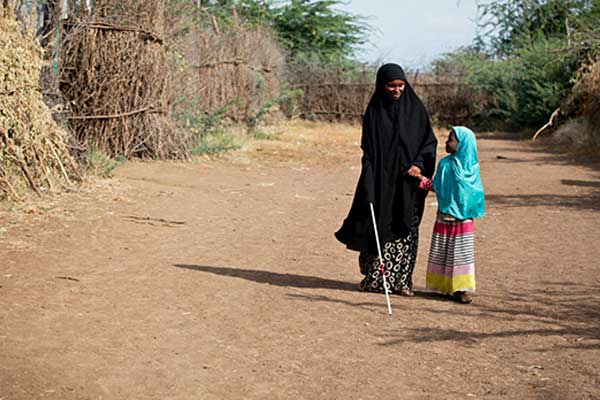



The consortium is gathering evidence and research on discrimination to support governments to increase action towards social inclusion. By bringing together people from all parts of society and providing a platform to challenge assumptions and propose solutions to problems that affect their lives.
The Inclusive Futures initiative is led by Sightsavers, with the following partners:
For more information on Inclusive Futures visit: inclusivefutures.org
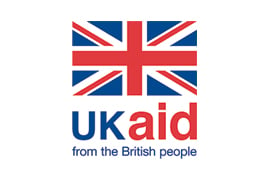 Inclusive Futures is funded through UK aid. It demonstrates the UK government’s commitment to global leadership on inclusive development by ensuring people with disabilities are central to international development policy-making and programmes.
Inclusive Futures is funded through UK aid. It demonstrates the UK government’s commitment to global leadership on inclusive development by ensuring people with disabilities are central to international development policy-making and programmes.
Sign up to receive updates
on how your support is changing lives
ABOUT US
Humanity & Inclusion UK
Romero House
55 Westminster Bridge Road
London
SE1 7JB
UK registered charity no. 1082565




MORE INFORMATION
SEARCH
ABOUT US
Humanity & Inclusion UK
9 Rushworth Street
London
SE1 0RB
UK registered charity no. 1082565




MORE INFORMATION
SEARCH